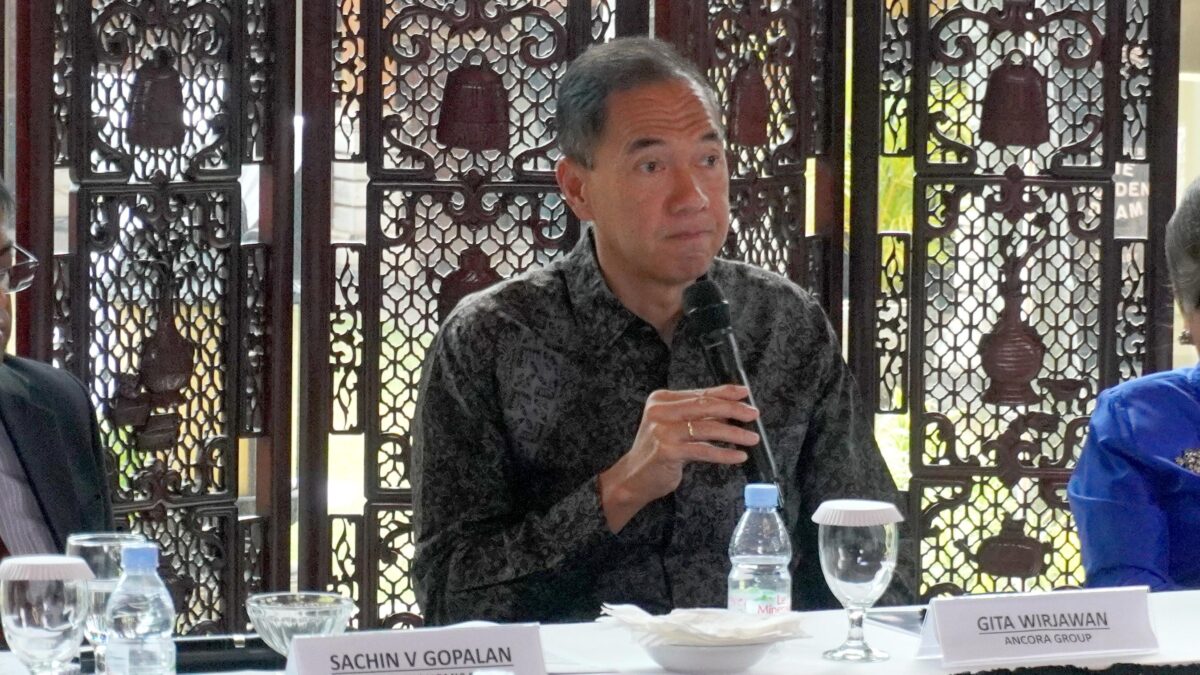Jakarta, 15 January 2024 – Former Minister of Trade, Gita Wirjawan, said that citizens’ ability to speak foreign languages, especially English, is a requirement if Indonesia wants to become a developed country. This is related to convincing delivery so that foreign investors want to invest their money in Indonesia.
According to him, the only way for middle power countries to become better or greater is to achieve capital formation. However, this cannot be done simply by raising capital from within the country.
“This can only happen externally if Indonesian people learn international languages to understand and define capital formation,” he said in a discussion at The 10th Annual Indonesia Economic Forum with the theme ‘Unleashing the Power of Digitalization Across the Nation’ at The Habibie & Ainun Library, Jakarta South, Wednesday (29/11/2023).
Unfortunately, he revealed that less than 10% of Indonesians are fluent in English. Gita said that Indonesia’s goal of becoming a developed country needs to be supported by at least 100 million citizens who are proficient in international languages.
“We have to find a way to get at least 100 million Indonesians to speak English. This is why we are behind Singaporeans and Indians. They have a competitive advantage because they can communicate globally,” he said.
“If we don’t have 100 million Indonesians who can speak international languages, we will be shackled. If there are 400 million people in Southeast Asia who can speak international languages, we will all be shackled,” he said.
Gita emphasized that Indonesian citizens’ English language skills and adequate education need to be improved because in reality most of the capital currently resides in western liberal democratic countries.
“I call it the M2 money supply, the money supply in the United States and all other western liberal democracies and also Japan, South Korea and China which are not liberal democracies is around 100 times Indonesia’s GDP (Gross Domestic Product). So we have to get out and get capital,” he said. (CR-14)
The original article in Bahasa Indonesia can be accessed here

